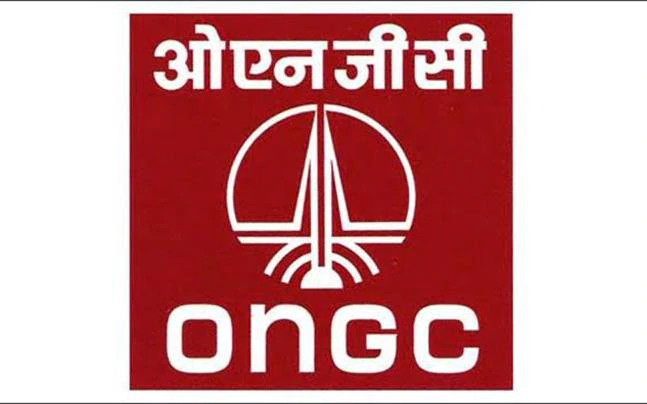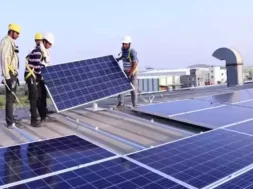
Indian Oil Corp set to foray into energy storage business
Indian Oil Corporation (IOC), the nation’s largest fuel retailer, is planning to foray into energy storage business. The firm is weighing the option of launch of an improved version of lead-acid battery for low cost mobility and industrial applications.
The idea of developing a next-generation energy storage product is also being contemplated by the oil marketer as told by IOC’s Director-Research & Development (R&D)- Dr.S.S.V.Ramakumar to ETEnergyWorld.
“We are strategizing to enter into the battery vertical with our improved lead-acid battery. We are also working on lithium-ion battery chemistry for improved performance. Besides these, we have been exploring on creating batteries which are not lithium or lead-based.
There are a couple of options in front of us and we plan to embark upon R&D in some such options very soon,” he said.
Dr. Ramakumar added that the lithium-ion battery technology though superior in performance currently, is ridden with challenges for large scale adoption in Indian market owing to scarce lithium resources ,recycling of lithium and associated environmental hazards with this chemistry.
IOC’s foray into the energy storage market comes at a time the government is working on an ambitious target to ramp up renewable energy generation capacity to 175 Giga Watt by 2022 and also completely shift to e-vehicles by 2030. India added 5,526 Mw of solar capacity during 2016-2017, a growth of 85 percent, and 5,400 MW of wind capacity, 63 percent more than the capacity added previous year.
IOC is positioning itself to become the country’s foremost energy solutions company, former Chairman B Ashok, who retired on 1 June, had said during an event on the company’s fourth quarter results last month.
Analysts said IOC’s entry in the energy storage market may invoke interest from the booming renewable energy sector which is in need of indigenous battery solutions but demand from the auto industry may still take time to catch up.
“Demand from the renewables market will be much more than the e-vehicle market as the installed capacity of renewal power is comparatively higher,” K Ravichandran, Senior Vice President at research and ratings agency ICRA said.
Currently, Mahindra Electric is the only company manufacturing electric cars in India in the passenger vehicle segment. The company manufactures only 100 units per month due to low demand but plans to ramp up production to over 1,000 units in the soon. In the two-wheeler space, Hero Electric, Ather Energy and Lohia Auto are the few mainstream players manufacturing electric vehicles.
Abdul Majeed, Partner and Auto Sector Lead at consultancy firm PwC, said e-vehicles currently account for only 1 per cent of the total automobile market but the industry could grow to capture 5 per cent of the market within a few years provided a developed charging infrastructure is in place along with adequate subsidies.
“The key is to address these hurdles and also have clean energy to run electric vehicles. With solar power cost coming down, the growth might pick up faster,” Majeed added.
Also Read: Indian Oil to train dealers before daily price revision roll-out
IOC is not the only company diversifying its portfolio to enter into the energy storage business. Power PSU NTPC and equipment manufacturer BHEL are also mulling similar moves.
“NTPC is looking at developing EV Charging infrastructure. It makes sense as more EV penetration would mean higher PLF for its power plants. Similarly, we understand BHEL is actively looking at the EV and storage business in its efforts to reposition itself as a transportation solutions provider from a power equipment company,” said A M Devendranath, Vice President and Head (Energy) at Feedback Business Consulting.
IOC has so far commissioned 167 Mw of wind-power projects in Gujarat, Andhra Pradesh and Rajasthan. The company’s total installed solar PV capacity stands at 20 Mw. In addition, the fuel retailer operates 6,170 fuel stations on solar power with a cumulative capacity of 24 Mw.
The energy storage market for rooftop and off-grid renewable energy applications in India is likely to be worth Rs 16,500 crore by 2022, said Neeraj Kuldeep, Research Analysts at Delhi-based Council for Energy Environment and Water (CEEW), a non-profit body. Conventionally, India’s energy storage market has been dominated by lead-acid battery technologies.
However, with emerging battery applications in the renewable sector, companies are launching advanced technologies including Li-ion, flow batteries, flywheel and lead-carbon batteries.















